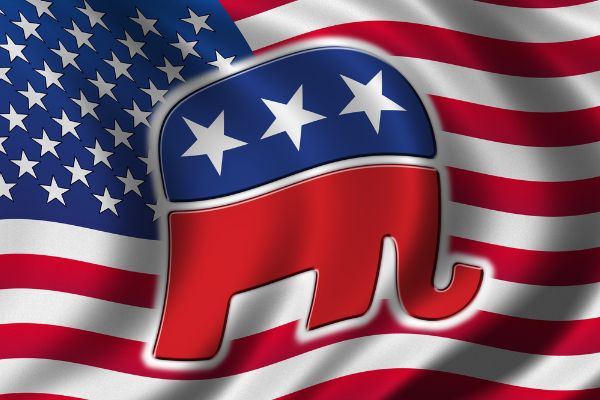
Despite the fact that the midterm elections for the United States House of Representatives were held just a few weeks ago, the composition of the House has not been finalized. Republicans have at least 220 seats, which is enough to take control of the chamber, whereas Democrats have 213. Although two elections are yet to be called, some politicians believe the final tally will be 222-213.
Whatever the outcome is, the GOP’s razor-thin advantage will give diverse coalitions, caucuses, and cliques more leverage to have their voices heard and to reject proposals they don’t like. There is already a lot of back-and-forth between the organizations.
The conservative Freedom Caucus has made multiple bids to become the GOP’s major power broker. The caucus of 30-40 Republicans released a “Road Map” with 55 pages for the party to possible new members earlier this week, with a series of proposed changes to the rules, many of which attempted to limit the power of party leaders.
However, Rep. Kevin McCarthy (R-CA), who appears destined to take over as the Speaker of the House, is not a member of the caucus and is reputedly not a fan. Six of the eight suggested rule changes were rejected by the House Republican leadership last week.
“The rejected amendments included a requirement that budget legislation pass before the fiscal year formally begins on Oct. 1,” according to Just The News. “If not, other bills would be unable to be debated on the floor. A proposal that would have allowed all members of the GOP Conference to attend conference meetings was denied.”
Another regulation that failed to pass clearance with House GOP leadership was a proposal that would’ve allowed members of the committee to elect their own chairs instead of having them appointed by leadership.
Other cliques are also vying for a piece of the pie. The Problem Solvers’ Caucus, for example, vows to be a centrist group that can assist Republicans win House disputes while still seeking bipartisan support from Dems.
“Last week, the Problem Solvers’ caucus co-leaders, Representatives Josh Gottheimer (D-NJ) and Brian Fitzpatrick (R-PA), met for dinner to discuss ideas that could unite and empower the group’s 50 or so members,” Politico said. “One possibility is to only endorse proposals that have both Democratic and Republican co-sponsors when they are presented.”
“We simply want to hold the group accountable… I mean, the whole purpose of our caucus is to stick together on the floor when we back bills,” Fitzpatrick explained to a liberal political website.
The Problem Solvers are already attracting the attention of members of the Freedom Caucus and now even Senate Dems. seeking to make new friends.
Then there’s the Main Street Caucus, which bills itself on Twitter as “the second largest Republican Caucus in the House,” adding that its top aims are “working to implement pro-growth measures for small business owners, supporting economic and individual success, and producing results for the American people.”
McCarthy understands that he will need the groups’ help to be effective.
“Kevin isn’t foolish,” said Rep. Dave Joyce (R-OH), who leads the GOP Governance Group, another centrist caucus. “He’s aiming to expand his base, not destroy it. As a result, I rely on his political acumen to determine what is appropriate to the conference’s rank and file.”
These content links are provided by Content.ad. Both Content.ad and the web site upon which the links are displayed may receive compensation when readers click on these links. Some of the content you are redirected to may be sponsored content. View our privacy policy here.
To learn how you can use Content.ad to drive visitors to your content or add this service to your site, please contact us at [email protected].
Family-Friendly Content
Website owners select the type of content that appears in our units. However, if you would like to ensure that Content.ad always displays family-friendly content on this device, regardless of what site you are on, check the option below. Learn More





